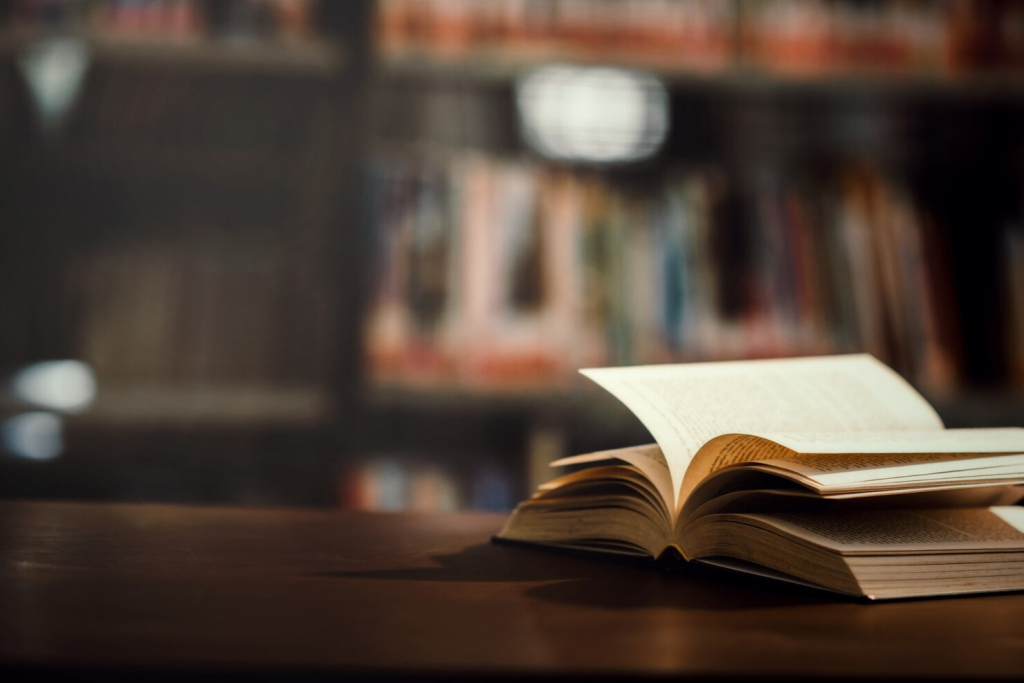Turning Pages, Igniting Minds: Exploring DepEd’s Innovative Reading Initiative

The Department of Education (DepEd) acknowledges the crucial role of reading in shaping the future of the Philippines. To improve the literacy skills of elementary and high school students, DepEd is set to implement a revolutionary reading program in all public schools. The project to be launched on January 12, 2024, it is a part of DepEd’s initiatives to develop and enhance student’s, overall learning experience, particularly for young people
The Literacy Rate of the Philippines
Before exploring the specifics of the reading project, it is essential to understand the current state of literacy in the Philippines. Challenges persist despite significant strides in recent years.
The 2019 Functional Literacy, Education, and Mass Media Survey (FLEMMS) revealed that around six million Filipinos aged 10 to 64 still struggle with basic literacy skills, including reading and writing.
According to a World Bank (WB) report in 2022, nine out of 10 Filipino children, or 91 percent, still had difficulty reading simple texts by age 10 or the late primary age.
Meanwhile, the United Nations Children’s Fund also said in an April 2022 report that 85 percent of Filipino schoolchildren were struggling with reading simple texts, pointing out that the extended school closures due to the COVID-19 pandemic in the country were a significant factor.
These findings make the Philippines one of the countries with the highest rates of learning poverty in the East Asia and Pacific region and among lower-middle-income economies.
They also highlight the need for targeted interventions to address literacy gaps and equip individuals, with the help of teachers and school heads, with the tools they need for success in an increasingly complex world.
Did You Know?
Studies have shown that reading extensively helps enrich a child’s vocabulary and language world, allowing them to strengthen their language skills, perform better in school, and become more competitive in the real-world setting.
A study from the University of Michigan in 2017 found that five early reading skills are essential for development, which are:
Phonemic awareness: The ability to hear, identify, and play with individual sounds in spoken words.
Phonics: The ability to connect the letters of written language with the sounds of spoken language.
Vocabulary: The range of words kids need to know to communicate effectively.
Reading comprehension: The ability to understand and get meaning from what has been read.
Fluency in oral reading: Reading text accurately and quickly.
Reading also benefits children’s development, including their assisted cognitive development, empathy, greater creativity and understanding, increased concentration and discipline, and stronger relationships through better social skills and interactions.
Children possess minds that function like sponges that soak up all that surrounds them, including the behavioral patterns exhibited by caregivers, the content viewed in the media, and, most importantly, the language and natural environment they encounter.
Catch-up Fridays
The Department of Education’s reading initiative called Catch-up Fridays is a multifaceted program designed to tackle various aspects of literacy and instill a love for reading among Filipinos, similar to the Read Philippines or “Basa Pilipinas” project.
Starting in January, schools will hold reading day programs for the entire school every Friday, encouraging reading habits and promoting the importance of reading for a student’s overall learning experience.
The program will have kindergarten to grade 12 students read books, stories, articles, and other reading materials based on their interests and write books, essays, reviews, and analyses.
The weekly Catch-up Fridays program will focus mainly on reading and may include peace education, health, and values education subjects.
Vice President and Department of Education Secretary Sara Duterte informed reporters during a National Reading Month program that the specific policies and guidelines would be released in December 2023.
In addition, students who are already literate will be taught critical thinking and analysis skills. They will be instructed to write a book or an essay if they already possess these capabilities.
With this, the initiative’s primary objective includes:
Improving Basic Literacy Skills
The initiative will focus on enhancing the foundational literacy skills of students, particularly in the early grades. Emphasis will be placed on phonics, vocabulary development, and comprehension, ensuring students have a solid literacy foundation.
Promoting a Culture of Reading
Beyond classroom instruction, the initiative aims to create a culture of reading inside and outside school premises. Reading clubs, book fairs, and storytelling sessions will be organized to cultivate a love for reading from a young age.
Strengthening School Libraries
Recognizing libraries’ role as learning hubs, the initiative will allocate resources to improve and expand school libraries. Access to diverse books will be prioritized to cater to students’ varied interests and reading levels.
Engaging Parents and Communities
The initiative recognizes the crucial role of parents and communities in supporting literacy development. Catch-Up Fridays encourage parents and community members to proactively support students’ reading journey.
DepEd’s new curriculum will fit all the regular classes of the week in four days or from Monday to Thursday, given that Fridays would be exclusively for reading lessons.
The initiative will adopt an inclusive approach, ensuring students with diverse learning needs receive tailored support. Specialized materials, teacher training, and assistive technologies will be implemented to address the unique requirements of every learner.
Additionally, the programs will collaborate with various organizations, publishers, and community stakeholders to broaden the range of resources, including books, funding, and experts.
The Department of Education’s reading initiative in the Philippines represents a significant step toward addressing literacy challenges and fostering a reading culture.
By targeting various aspects of literacy, there is a sense of optimism that this initiative will not only improve literacy rates but also empower individuals to unlock their full potential and contribute meaningfully to the growth and development of the country.

Celebrate Life’s Milestones in Camella!
Make unforgettable memories in a Camella home.
Our communities are designed to elevate your living experience.

